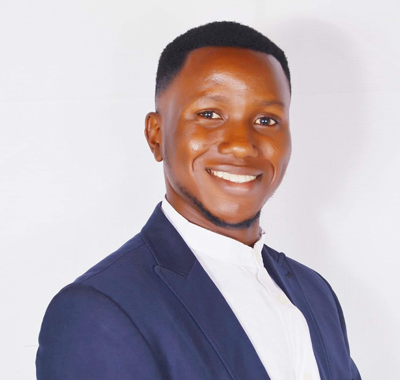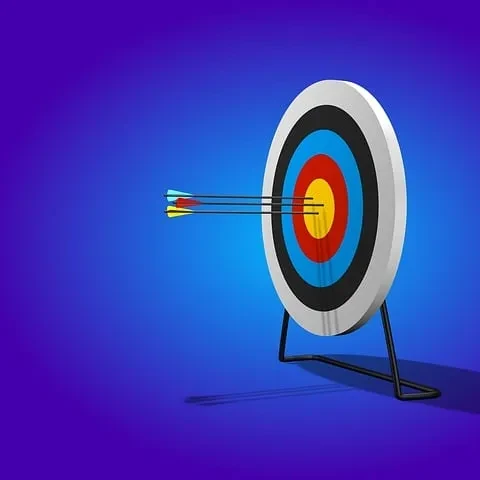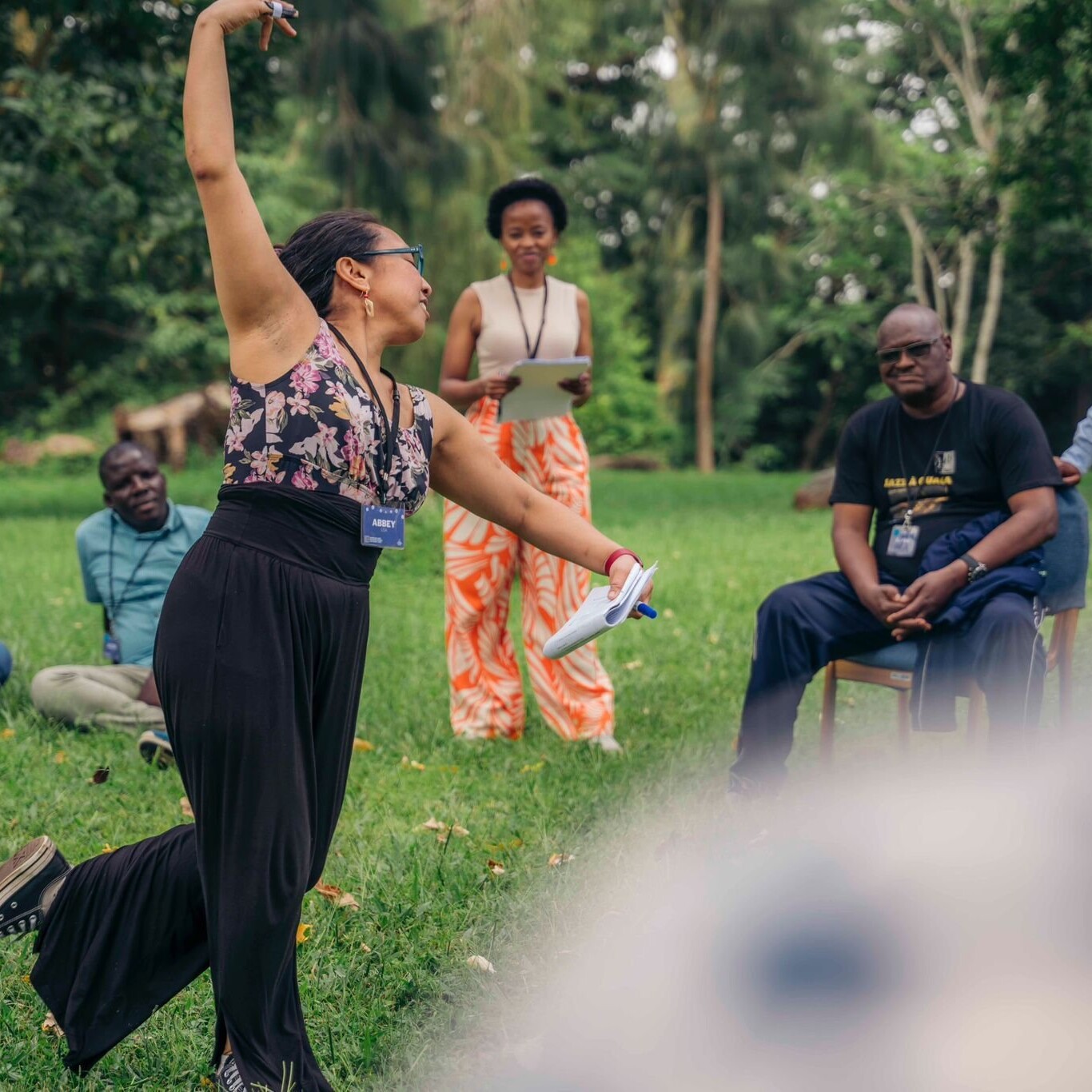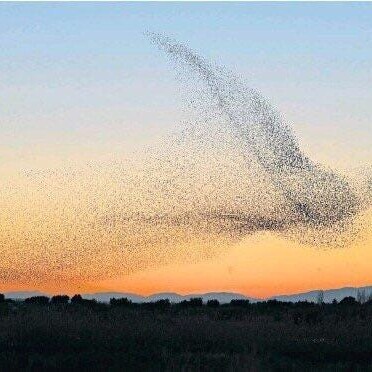According to a scholar of textile design Picton (1979), weaving is a simple process of interlacing a set of thread (warp and weft) at right angles to form a web or fabric that holds cloth together. Aso Oke, a fabric produced by combining cotton, silk, bark and goat’s wool, is a weaving tradition from the Yoruba tribe in southwest Nigeria, and has been part of their culture for centuries. Aso Oke is woven on a loom using raffia threads or fibers that bind everything together. My father told me he first wore it during my naming ceremony – exactly 7 days after I was born. In this article, I will explore some of the traditional and indigenous practices that form an intricate part of Aso Oke weaving traditions. These practices – rooted in community building and collaboration – play a crucial role in the weaving process of the African Changemakers Network.
First and foremost, the Aso Oke weaving process is a communal endeavor that fosters collaboration. It typically involves a group of weavers working together, each contributing their expertise and skills to create intricate and beautiful textiles. In like manner, the African Changemakers network adopts a decentralized leadership style combined with a collaborative approach that mirrors the essence of an impact alliance, where young leaders from diverse backgrounds, grassroot communities, talents, and exposure come together to address systemic issues while reaching for transformative shifts towards equity and liberation.
The Aso Oke weaving process also emphasizes community building. Weavers often gather in communal spaces, such as weaving cooperatives or family compounds to work on their textiles. These spaces provide a supportive environment where ideas are exchanged, stories are shared, and relationships are nurtured. Such community-centric spaces are vital for grassroots movements seeking to build networks based on trust, solidarity and shared values.
The African Changemakers Network draws inspiration from the Aso Oke weaving process by recognizing the strength in collective efforts. This concept of communal work, I learned during one of my recent travels to Kenya, is called “harambee,” and lies at the soul of our existence at the African Changemakers Network. Our “sense of community” is what makes it possible for our network members – all young people – to devote time and energy to help build our collective without being paid. Each member understands that through collective action, we lay a foundation built on trust which, in turn, helps strengthen social ties and empower individuals and communities.
Last April, our core network members from across West and Central Africa gathered together for the first time in Lagos, Nigeria, to co-create community spaces which fostered dialogue, collaboration and learning. By encouraging active participation and engagements in the framing and design of our spaces, we created a sense of belonging within our communities and strengthened our network.
In addition, the Aso Oke weaving process exemplifies the power of storytelling, creativity and cultural expression. Weavers often incorporate intricate patterns, motifs, and colors into their textiles, reflecting the diverse cultural heritage in their communities. This celebration of cultural identity fosters pride, resilience and a sense of belonging.
At our collective, we leverage the creative aspect of the Aso Oke weaving process to strengthen our network. Specifically, we leverage the power of storytelling and oral tradition to foster a sense of community. For instance, our check-in and check-out activities during virtual meetings involve the nomination of members to share a story with listeners. Storytelling enables us, as grassroot groups, to preserve indigenous wisdom, connect on a deeper level and create bonds of empathy and understanding.
As an indigenous, youth-led, youth-focused pan-African network, we embrace the diversity of cultures within our community, encourage artistic expression, and utilize traditional arts and crafts as means of storytelling and advocacy. By celebrating cultural heritage, our network unites people around a shared identity and empower them to take collective action.
In conclusion, the Aso Oke textile weaving process holds immense potential for networks and movements to build strong, sustainable connections into the future. By embracing collaboration, community building, sustainability, and cultural expressions, all networks can draw inspiration from the principles embedded with the Aso Oke weaving process.

Dennis Akin is an ecosystem leader working at the intersection of community building for sustainable development and network weaving for systems change. He is the founder of the African Changemakers Network, a pan-African, youth-led impact alliance with reach in 21 countries in sub-Saharan Africa.
He is a Carrington Youth Fellow (a program of the U.S. Consulate, Lagos), a facilitator at the ChangemakersXchange, and prior to founding the African Changemakers Network, he was a regional coordinator, West Africa, for the Bosch Alumni Network, coordinated by the International Alumni Center (iac Berlin).
featured image found HERE

Network Weaver is dedicated to offering free content to all – in support of equity, justice and transformation for all.
We appreciate your support!



